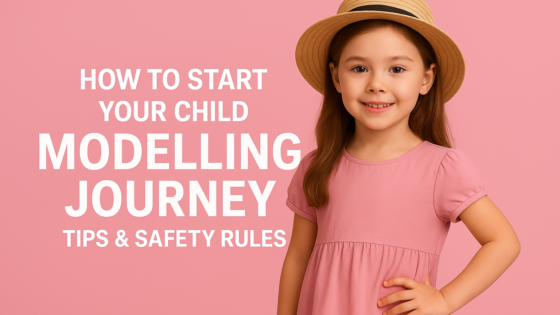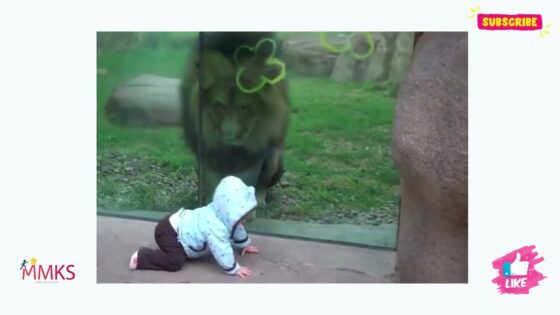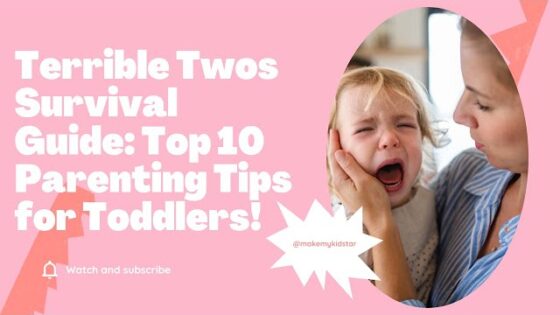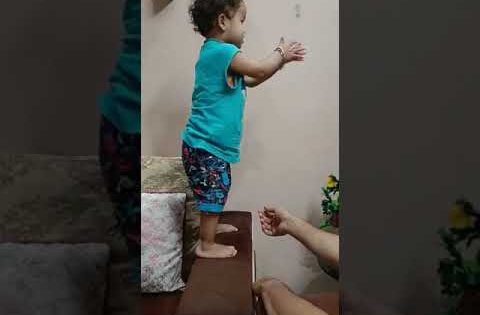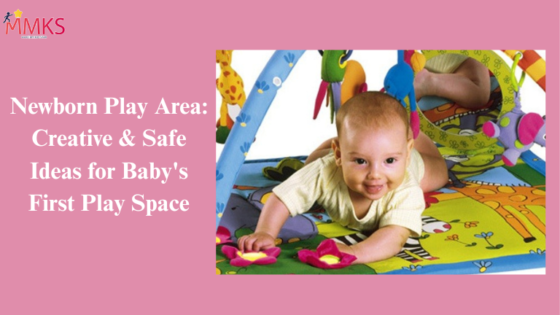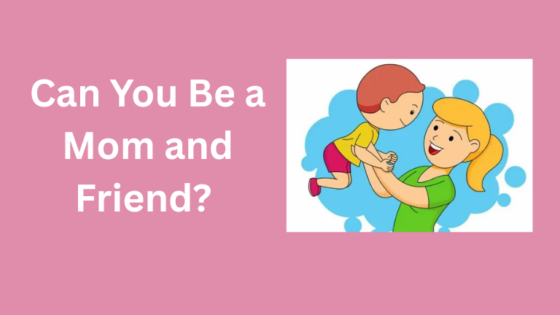It’s 2 a.m., the house is quiet, and suddenly waaaa! your baby’s wailing in their sleep. You sit bolt upright, heart racing, wondering, “What now?” We’ve all been there, bleary-eyed and confused, asking the same burning question: baby crying in sleep? Is it normal? Should I pick them up? Are they dreaming? Sick? Hungry? Truth is, there’s no single answer but don’t worry, you’re not alone on this rollercoaster.
From adorable newborns to teething tots, babies often cry in their sleep without fully waking up. Sometimes it’s just a fleeting whimper, other times it’s a full-blown meltdown. Let’s dive into the “why” behind the tears, the “how” to calm them down, and the “when” you need to worry (spoiler: not as often as you think).
What’s Behind Baby Crying in Sleep?
When it comes to baby behavior, crying during sleep can feel like a mystery wrapped in a riddle. But more often than not, there’s a perfectly natural explanation.
Why Is My Baby Crying in Sleep But Not Awake?
Babies cycle through sleep stages differently than adults. In lighter stages, especially REM sleep, they may twitch, grimace, or even cry out without fully waking up. It can be startling, sure, but it’s usually nothing to fret over.
Here are a few likely culprits:
-
Overtiredness – Ironically, babies can get too tired to sleep well.
-
Sleep regression – Hello, 4-month sleep regression. Goodbye, peaceful nights.
-
Gas or digestive discomfort – That tiny tummy? Super sensitive.
-
Dreams or sleep talking – Yep, even tiny humans can have baby dreams.
Remember that “1 month baby crying in sleep, but not awake” is extremely common. Newborns are still figuring out how to sleep, and their brains are working overtime.
Baby Suddenly Crying in Sleep: What Just Happened?
Sometimes your little angel goes from zero to meltdown in the blink of an eye. These sudden cries can feel like they came out of nowhere but there’s usually a reason behind the drama.
Possible triggers include:
-
Temperature discomfort – Too hot? Too cold? Babies are picky sleepers.
-
Teething pain – Ouch. Those little teeth have a nasty habit of showing up uninvited.
-
Growth spurts – More growing = more hunger = more fussiness.
-
Night terrors (rare, but possible) – Usually in older babies or toddlers.
It’s not always about a bad dream—it could be something as simple as a wet diaper. Tune in, stay calm, and trust your instincts.
11 Reasons Why Babies Cry and How to Soothe Their Tears
Here’s the deal babies cry because it’s literally the only way they know how to communicate. When something’s off, you’ll hear about it. Loudly.
Top Reasons:
-
Hunger (of course)
-
Dirty diaper
-
Tiredness
-
Too much stimulation
-
Gas or bloating
-
Reflux or digestive issues
-
Teething pain
-
Feeling too hot or cold
-
Need for comfort or cuddles
-
Feeling unwell (check for fever)
-
Separation anxiety
How to Soothe:
-
Rock gently or swaddle
-
Try white noise or soft lullabies
-
Offer a pacifier
-
Do a quick diaper check
-
Rub their belly to relieve gas
-
Use a gentle teething gel (if applicable)
-
Just hold them—sometimes that’s all they need
How to Stop Baby From Crying in Sleep (Without Losing Your Mind)
Let’s be real there’s no magic switch. But with the right tools, you can absolutely make those nights easier.
Create a Sleep-Friendly Routine:
-
Consistent bedtime – Babies love routine like cats love sunbeams.
-
Dim lights, quiet sounds – Set the sleepy mood.
-
Feed before sleep – A full belly can mean fewer wakeups.
-
Burp thoroughly – Don’t skip this step it’s golden.
Monitor but Don’t Rush
If your newborn crying in sleep with eyes closed, pause a beat. They might self-soothe in a few seconds. Jumping in too soon can interrupt their sleep cycle unnecessarily.
Baby Crying in Sleep Every Night? Here’s When to Worry
Some crying is normal—but persistent, intense crying might need a second look.
Red flags to watch for:
-
Crying accompanied by fever or vomiting
-
Crying that escalates and doesn’t ease with soothing
-
Noticeable changes in appetite or diaper output
-
Baby appears in pain or inconsolable
When in doubt, trust your gut and check with a pediatrician.
FAQs
Is it normal for a 1-month-old baby to cry in sleep but not wake up?
Yes, it’s very common. At that age, babies often cry during active sleep without fully waking.
Should I wake my baby if they cry in their sleep?
Not necessarily. If they’re still asleep, they might settle themselves. Wait a few moments before intervening.
Can teething cause a baby to cry while sleeping?
Absolutely. The discomfort from teething often flares up at night when there are fewer distractions.
How long does this nighttime crying phase last?
It varies. For some babies, it’s a few weeks. For others, it may come and go with developmental leaps.
What if my baby is crying in sleep every night?
That might be a sign of a sleep issue, discomfort, or medical concern. Keep a journal and consult your pediatrician if it persists.
Conclusion
So, baby crying in sleep? While it might sound the alarm at 2 a.m., it’s usually more normal than you think. Babies are just learning the ropes of sleep, feeling all the feels, and growing faster than we can keep up.
The good news? With patience, love, and a little know-how, those midnight sobs will soon turn into peaceful . Until then, keep the coffee brewing, snuggles ready, and remember you’re doing a fantastic job.



